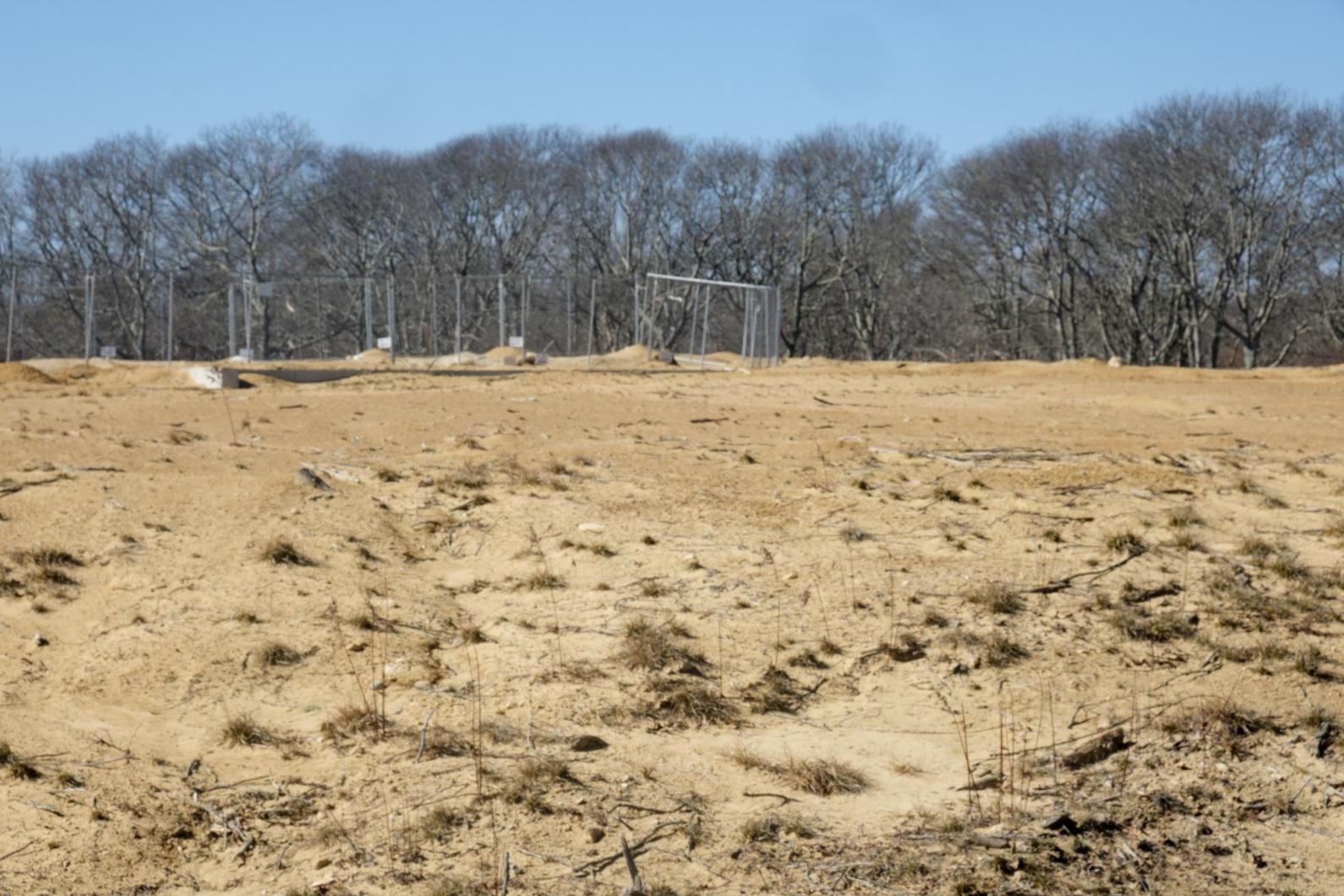The U.S. First Circuit Court of Appeals has denied the Wampanoag Tribe’s request to rehear a case that requires it to obtain building permits before beginning construction on a bingo hall in the town of Aquinnah.
The Monday decision not to rehear the case marks the latest blow for the tribe in its forceful pursuit of gaming, coming approximately a month after the First Circuit affirmed a crucial lower court ruling in favor of the town that has effectively kept construction on the facility paused since land was cleared off Black Brook and State Road in 2019.
Since the lower court ruling, the tribe has remained steadfast that it does not need to obtain building permits for the facility, asserting its sovereignty throughout the tireless, years-long legal saga with the town.
Most recently, the tribe had petitioned the First Circuit in March to rehear the case, arguing that its earlier decision to require state and local permits violated existing case law as well as the Indian Gaming Regulatory Act, diminishing the rights of tribal self-governance across the country.
The town had essentially won the case on a procedural issue, with appellate court judges deciding that the tribe had not appealed the permitting aspects of an earlier lower court decision.
In its brief, one-sentence order on Monday, the First Circuit did not discuss case law, simply stating that the tribe’s petition to rehear the case, as well as to rehear the case en banc, had been denied.
“The petition for rehearing having been denied by the panel of judges who decided the case, and the petition for rehearing en banc having been submitted to the active judges of this court and a majority of the judges not having voted that the case be heard en banc, it is ordered that the petition for rehearing and the petition for rehearing en banc be denied,” the docket reads.
In law, an en banc session is one in which a case is heard before all the judges of a court, hence the “entire bench,” rather than by one judge or a panel of judges.
The earlier case was heard before appeals judges Hon. O. Rogeriee Thompson, William Kenyatta and Juan Torruella, although Judge Torruella died before the decision was issued.
The Monday decision not to rehear the case included First Circuit chief justice Hon. Jeffrey R. Howard and Hon. Sandra L. Lynch. Judge David Barron recused himself, according to the order.
The building permit question has loomed large over the tribe and town since 2018, when the U.S. Supreme Court declined to hear the town’s appeal of a case that granted the tribe the right to build a class II electronic gaming facility.
Although land clearing began for a 10,000 square foot, sprung structure with about 250 electronic games in the winter of 2019, it was quickly halted after the town filed suit, asking a judge to rule that the tribe needed to obtain state and local building permits. District Court judge Hon. Dennis Saylor IV sided with the town, and the First Circuit most recently affirmed his decision.
The tribe can appeal the decision to the U.S. Supreme Court.
Construction remains halted on the facility. The Martha’s Vineyard Commission denied the bingo hall project without prejudice in 2019 on the grounds that it did not have enough information to make a decision. The project would need approval from the commission, as well as permits from the town, to move forward.







Comments (7)
Comments
Comment policy »